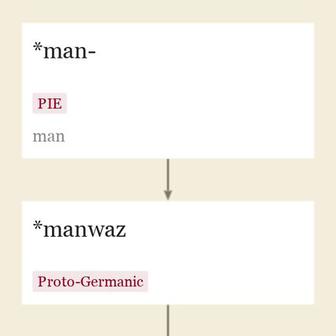coachman n.
"
Entries linking to coachman
1550s, "
Meaning "
All panelled carriages with seats for four persons inside, and an elevated coachman's seat, are designated coaches. The town coach proper, has windows in the doors, and one in each end, the quarters being panelled. [Henry William Herbert ("Frank Forester"), "Hints to Horse-Keepers," New York, 1859]

"
Sometimes connected to root *men- (1) "
Specific sense of "
Man also was in Old English as an indefinite pronoun, "
As "
Man-about-town "
So I am as he that seythe, 'Come hyddr John, my man.' [1473]
MANTRAP, a woman's commodity. [Grose, "Dictionary of the Vulgar Tongue," London, 1785]
At the kinges court, my brother, Ech man for himself. [Chaucer, "Knight's Tale," c. 1386]
updated on January 03, 2018